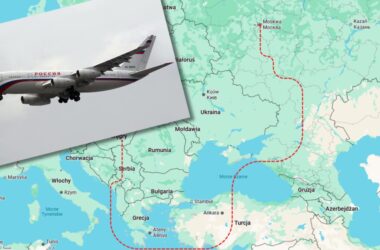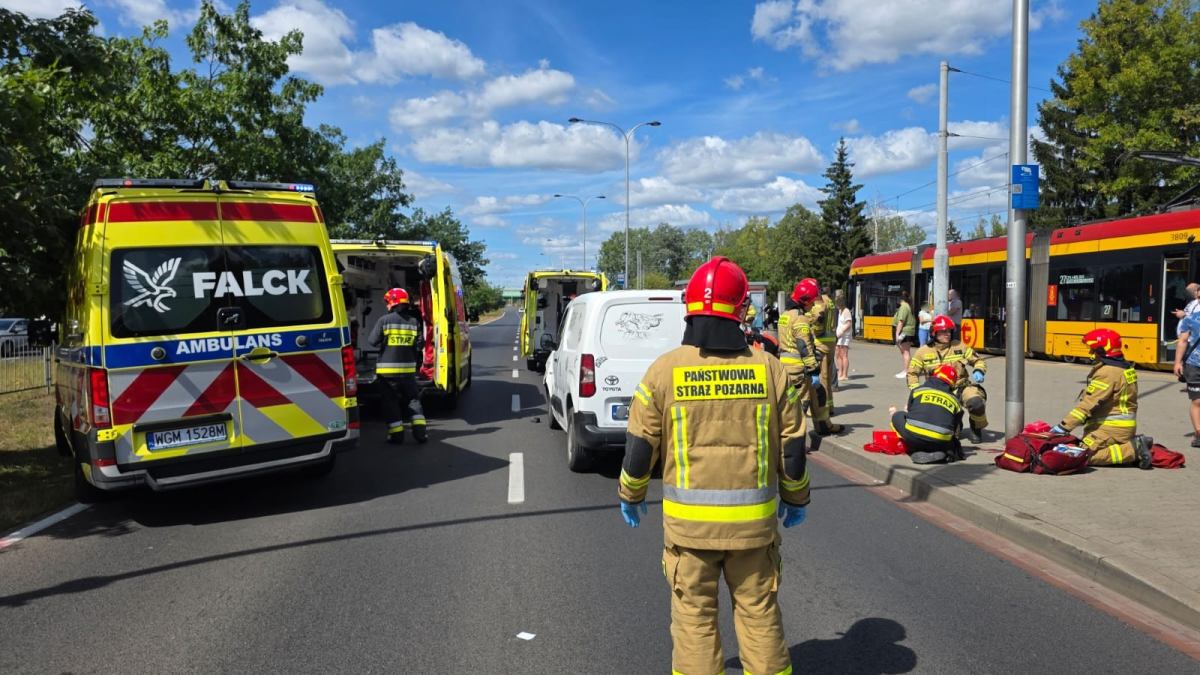On October 6, President Trump announced the United States is evaluating sending long‑range Tomahawk missiles to Ukraine, sparking a Polish expert’s call for a bolder stance to unsettle Russian President Vladimir Putin.
Trump Announces Long‑Range Weapon Options for Ukraine
President Donald Trump told reporters in the White House on 6 October that the United States is considering delivering Tomahawk cruise missiles to Ukraine. The move follows comments by Russian President Vladimir Putin warning that such aid would harm U.S.–Russia relations. Trump highlighted the potential to strengthen Ukraine’s defense capabilities.
Polish General Polko Questions US Readiness
Former Polish special‑forces commander Gen. Roman Polko expressed doubts that the U.S. has determined its ability to supply enough long‑range weapons. He noted that the American forces would first need sufficient stockpiles, which appear unlikely to expand rapidly. Polko warned that grand plans often fail to materialize in practice.
Strategic Value of Tomahawks, According to Polko
Polko argued that Tomahawks, with a 2,500 km range, can strike logistic centers, missile artillery positions, and airports, thereby pushing Russian forces away from Ukrainian borders. He emphasized potential strikes on critical infrastructure and civilian targets threatening Ukraine.
Call for a Significant Escalation Toward Russia
Polko urged that sending only a handful of missiles would be meaningless, comparing the situation to U.S. aid to Israel. He suggested that to truly unsettle Putin, Trump must take a decisive, bold step, citing Ronald Reagan’s aggressive posture against the Soviet bloc. Polko added that Ukraine often complains of insufficient defense equipment.
Potential Russian Reactions and Broader Context
Polko warned that Russia may respond with intensified information warfare and broader propaganda. He highlighted that Russia’s strategy includes cyber, informational, GPS‑interference, and drone‑provoked attacks. Polko also noted that Russia might stop fighting if offered a brief ceasefire, though it has shown little willingness to negotiate.










